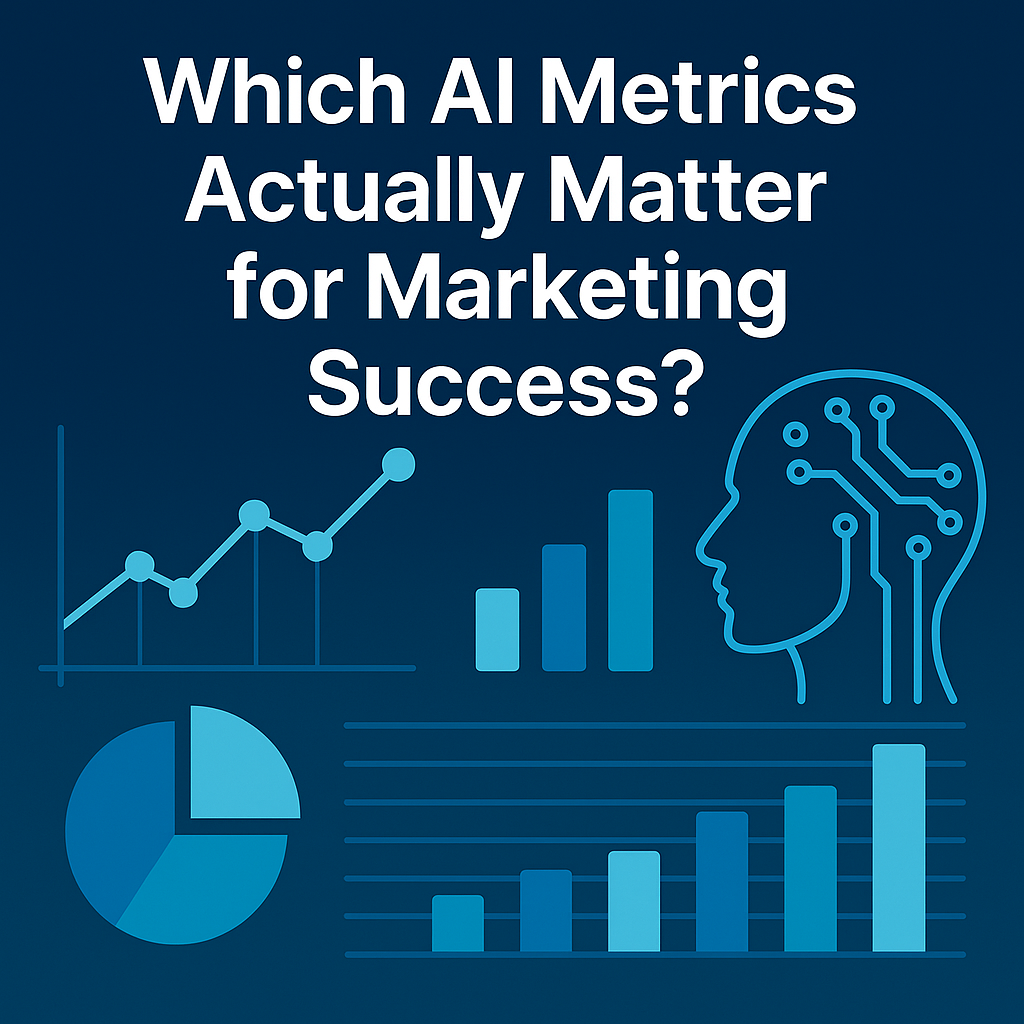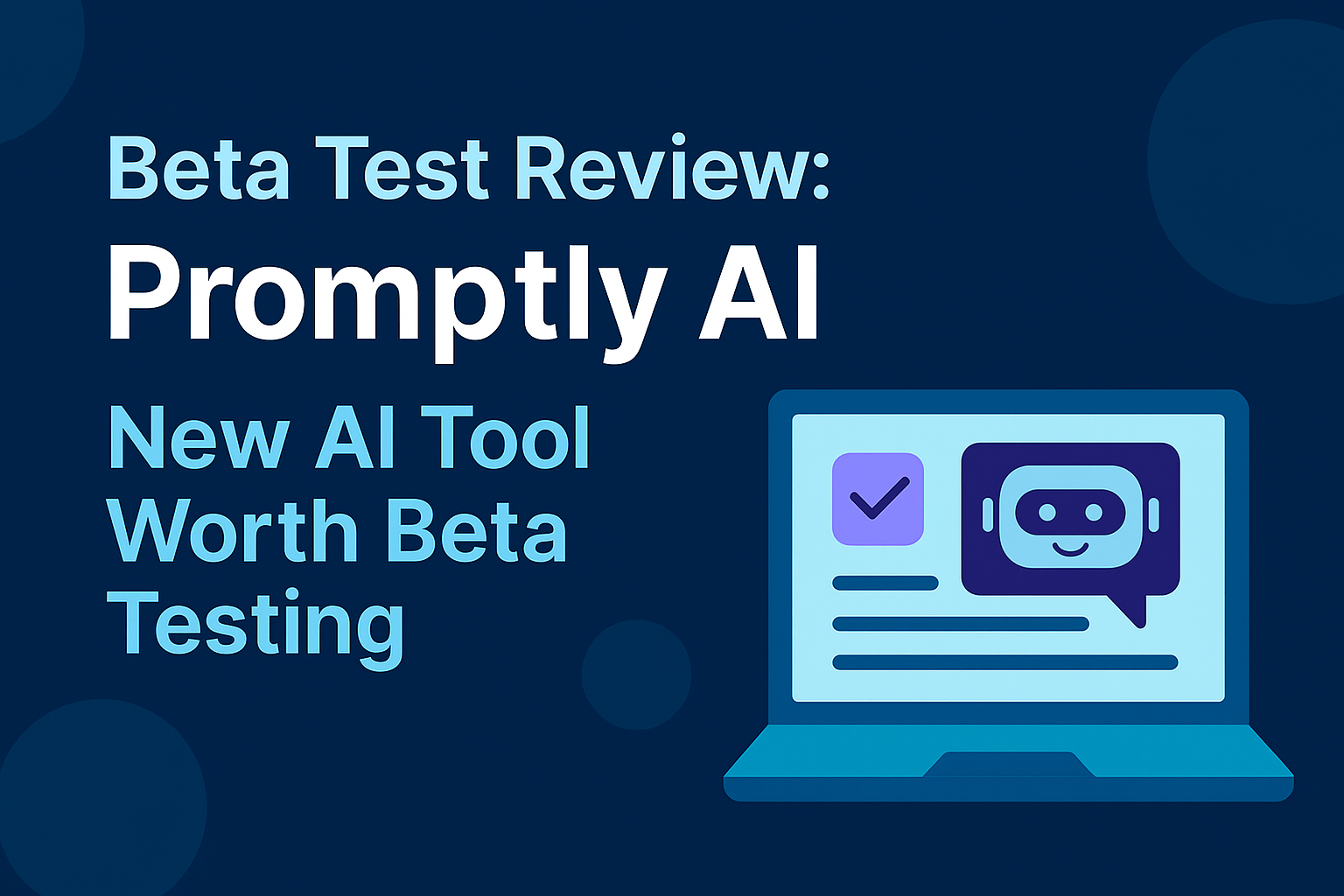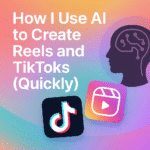When it comes to using AI in marketing, everyone loves the shiny tools — the automated content generators, the predictive analytics, the chatbots. But after all the experimentation and dashboard screenshots, here’s the question I always come back to:
Which metrics actually matter?
As someone who’s scaled campaigns, tested dozens of tools, and sat in countless results meetings, I’ve learned one thing: AI won’t move the needle unless you’re tracking what matters.
Let’s cut through the noise. Below are the core AI-driven marketing metrics worth paying attention to — whether you’re running a solo campaign or leading a global team.
1. Predictive Lead Scoring Accuracy
Many CRMs now use AI to prioritise leads based on behaviour, fit, and historical conversions. But how accurate is it? A metric worth tracking:
– Lift in qualified leads generated
– Conversion rate difference: scored leads vs. unscored leads
👉 If your AI lead scoring isn’t outperforming random assignment, it’s not working.
2. Campaign Optimisation Lift (AI vs. Manual)
AI tools like Optimove, Smartly.io, or Meta’s Advantage+ campaigns promise automation. Track:
– CPA or ROAS improvement using AI
– A/B comparison: AI-managed vs. marketer-managed campaigns
This tells you whether the machine is helping — or just auto-piloting into mediocrity.
3. Personalisation Performance
Personalisation is where AI shines — but only if it drives results.
– CTR on AI-personalised emails or landing pages
– Time on page or bounce rate reduction from tailored content
The real metric? Engagement lift compared to static content.
4. Content Velocity
How much more can your team produce with AI support?
– Blogs or assets created per month before vs. after AI
– Time to publish per piece
✅ Productivity metrics show whether AI frees up strategy time — or adds editing overhead.
5. Data Quality Over Time
Good AI needs good data. Measure:
– Rate of duplicate or incomplete entries pre/post-AI data enrichment
– Bounce rate on AI-acquired email lists
AI shouldn’t just scale your data — it should improve it.
6. Funnel Velocity
AI tools that automate follow-ups, emails, or retargeting should accelerate conversions. Track:
– Average time from lead to MQL to SQL to sale
– Time between key lifecycle events
If AI isn’t speeding up the process, why use it?
Final Thoughts: Focus on Lift, Not Hype
The AI metrics that matter most aren’t just vanity stats. Look at:
– Relative lift (before vs. after AI)
– Impact on revenue, conversion, or customer experience
– Team efficiency — where are you saving time or budget?
You don’t need 20 dashboards. You need three to five KPIs that align with your goals and are clearly impacted by AI. Anything else is just noise.


